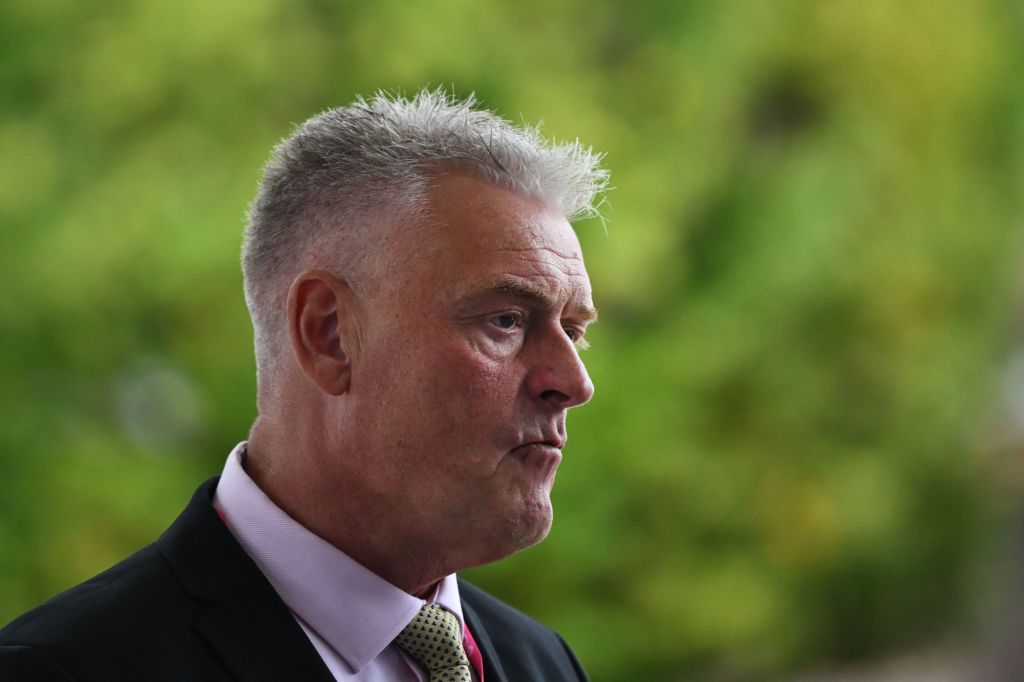If some great challenge or difficulty is looming in the near future, it is human nature to want to change the subject, to busy ourselves with displacement activity to avoid the confrontation. This is perhaps even more true of groups than individuals. Everybody might be aware on some level that a crisis is brewing, but being the first to speak out is hard. Often we prefer calm and superficial harmony to dealing with the truth.
Studied indifference to the elephant in the room has been the order of the day across much of the British political class during the last week or so. Last Wednesday saw extraordinary events in the House of Commons, as long-standing conventions were overturned, allegedly because of threats made to the safety of Labour MPs. Since then we have had an enormous amount of discussion and debate, most of which has actively and specifically avoided the main source of the growing undercurrents of sectarian violence in our politics.
The Prime Minister’s statement on Wednesday’s events did not mention Islamist extremism. Over the weekend the BBC and other large mainstream news outlets focused not so much on the threat to British democracy that had been exposed, as they did on the threat of ‘Islamophobia’, by which they meant that the favourite chattering class punchbag Lee Anderson had said Islamists had control of Sadiq Khan.
As of Monday evening, the BBC News website was still leading with ‘Anderson refuses to apologise for Islamist claim’, a story that they have been pushing constantly for several days. Curiously enough there has been no substantial BBC investigation into who exactly has been threatening which MPs and the ideology of the aggressors. Instead, we have had lots of both-sides handwringing – with MPs discussing the ‘far right’ again. The most frequent reference point is the assassination of Jo Cox in 2016 by a man who was motivated by arch-nationalist beliefs. The most recent murder of an MP – that of Sir David Amess, killed by a jihadist in 2021 – is mentioned rather less often.
Similarly, we hear little now about recent mass casualty terror attacks by Islamic terrorists: the Manchester Arena suicide bombing (22 dead) and the 2017 London Bridge rampage (8 dead). The regular and intimidating anti-Israel protests that have taken place regularly in London for four months now, and the harassment faced by MPs from partisan crowds heavily invested in the Israel-Palestine conflict, also seem to have slipped the minds of sensible centrists now that a Conservative has said some bad words. Their new preoccupation is Rishi Sunak’s supposed failure to visit a mosque since becoming Prime Minister.
Fretting about anti-Muslim bigotry, and making vague allusions to the growth of non-specific ‘threats’ and ‘violence’, suits the political class very nicely. Once again they get to stay in their intellectual comfort zone, posturing as the defenders of nice liberal tolerance against imaginary hordes of white supremacist yahoos, while not having to confront any of the hard dilemmas of contemporary policy-making. They seem untroubled by any serious consideration of the trade-offs around security, multiculturalism, mass immigration, law and order, and social cohesion. To them, public anger at terrorism, intimidation and the authorities’ feeble approach to grooming gangs and local corruption is largely a PR problem, to be managed with candlelit vigils and sentimental hashtags, rather than a reasonable and healthy reaction to the deterioration of the British social fabric.






Comments